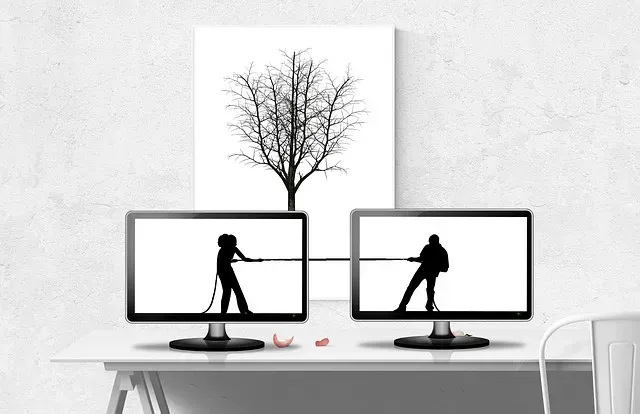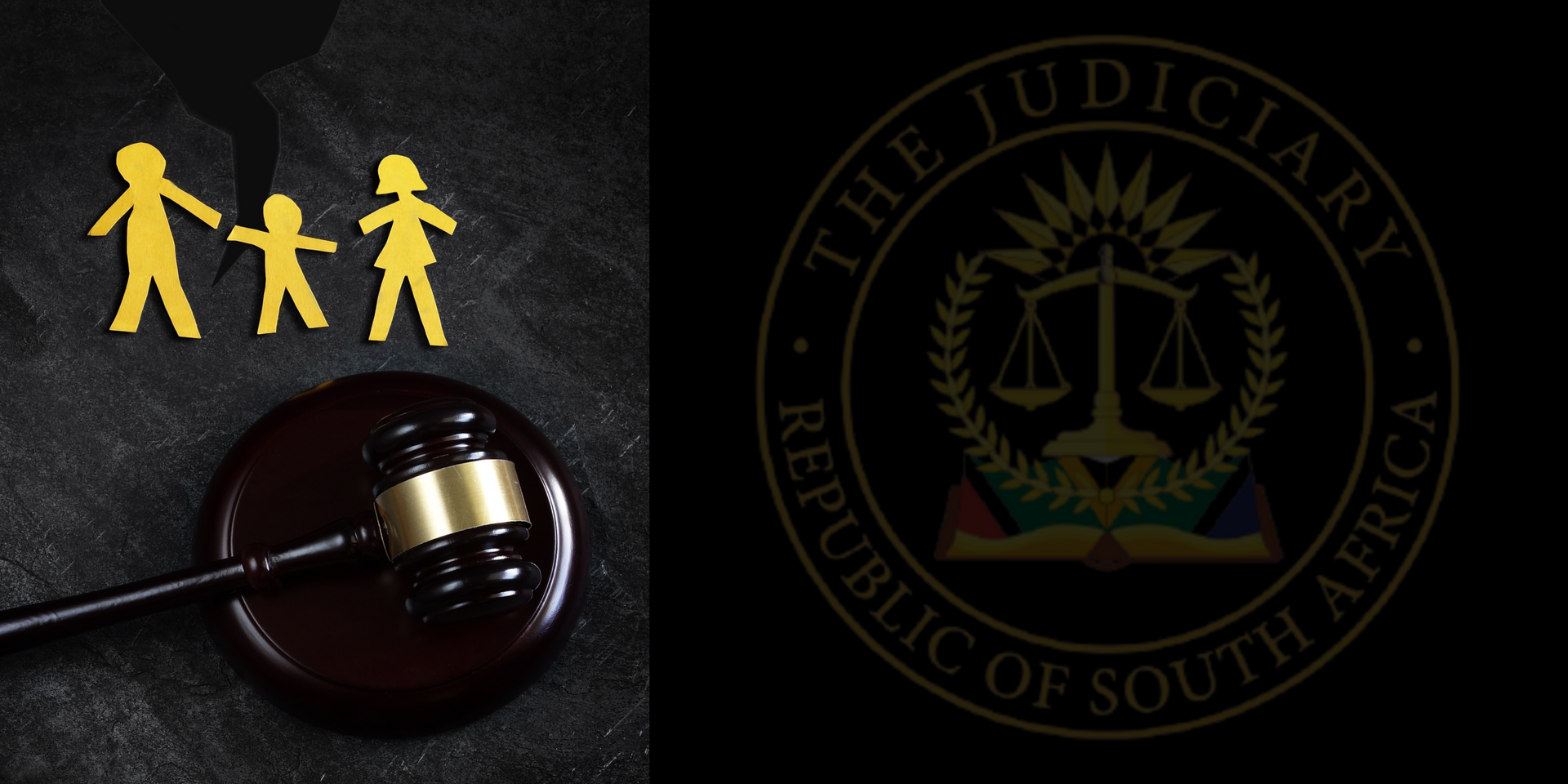Who Pays for a Divorce? The Question Every Couple Asks After Deciding to End Their Marriage
Who Pays for a Divorce? The Question Every Couple Asks After Deciding to End Their Marriage
People leave marriages for a variety of reasons. Some of the people I meet are simply contemplating divorce. Others have already divided themselves, attempting to dot the I's and cross the T's. And, when it comes to divorce, a common question that arises in almost all cases is how legal expenses for divorce attorneys are paid. Or, more specifically, who pays for a divorce? It's no surprise. There will undoubtedly be numerous adjustments when you migrate from one to two households, some of which may be costly. The sooner you can wrap your head around these changes, the sooner you can move on, closing this chapter of your life and beginning the next.
There is no one-size-fits-all solution for paying legal bills. The more questions you ask your lawyer and other professionals, the better you'll be able to make the best decision for your specific case.
When you sit with a lawyer, it would be good to ask him or her:
- What are your per-hour rates?
- What do you charge for an uncontested divorce?
- What do you charge for a contested divorce?
- Do you offer mediated divorces and what does it cost?
- How much will the deposit be that I will need to put down?
- What extra costs can pop up e.g. sheriff fees etc?
- If we need to get an advocate, what will the cost be?
The Divorce Process
Before we delve into the financial aspect, it's crucial to have a general understanding of the divorce process in South Africa. A divorce typically involves several stages, including:
- Filing for Divorce: One spouse initiates the divorce process by filing a divorce summons.
- Serving the Summons: The divorce summons is served on the other spouse.
- Response: The responding party has the option to contest the divorce or consent to it.
- Settlement Negotiations: If necessary, the spouses can negotiate a settlement agreement.
- Court Proceedings: In contested cases, the matter goes to court for resolution.
- Final Decree: Once all issues are resolved, a final divorce decree is granted.
Legal Costs
Who Initiates the Divorce?
The party initiating the divorce often incurs the initial legal costs, including court filing fees and attorney fees. However, these costs can be recovered from the other party if certain conditions are met.
- Legal Representation: If you choose to hire an attorney to represent you in your divorce, you will incur legal fees. These fees can vary widely, depending on the complexity of your case and the experience of the attorney. Attorneys typically charge by the hour, and rates can differ significantly from one lawyer to another. It's advisable to obtain quotes from different attorneys and clarify their fee structure.
- Court Filing Fees: When initiating a divorce, you'll need to file a divorce summons with the court. This involves paying court filing fees. The specific amount can vary depending on the court where you file your divorce, and it's typically a set fee.
- Sheriff's Fees: After filing the divorce summons, it must be served on the other party, and this is usually done by a sheriff or a process server. You will need to cover the costs associated with the service of the divorce summons. These costs depend on the location and complexity of service.
- Mediation or Alternative Dispute Resolution: In some cases, parties may opt for mediation or alternative dispute resolution (ADR) to resolve issues related to the divorce, such as child custody and property division. Mediation and ADR services come with their own fees, which you should consider.
- Expert Witnesses: If your case involves complex issues that require expert testimony, you may need to hire expert witnesses, such as forensic accountants or child psychologists. Their fees are additional legal costs.
- Miscellaneous Costs: There may be other miscellaneous costs, such as photocopying, notarization, and document preparation fees.
It's important to note that the allocation of these costs can vary depending on whether the divorce is contested or uncontested:
- Uncontested Divorce: In uncontested divorces, where both parties agree on the terms of the divorce, the costs are typically lower. These costs may be shared between the parties, or one party may bear the expenses.
- Contested Divorce: In contested divorces, where disputes are not easily resolved, the legal costs can escalate. The court may decide how these costs are allocated, often taking into account the financial positions of both parties and other relevant factors.
Allocation of Costs
The allocation of costs in a divorce in South Africa is a critical aspect that can significantly impact both parties involved. Here's a more detailed explanation of how costs are allocated in divorce proceedings in South Africa:
- General Principles: The allocation of costs in a divorce is primarily at the discretion of the court, and the court has a wide degree of flexibility in this matter. The court's objective is to ensure that the allocation is fair and just, considering the specific circumstances of each case.
- Costs Follow the Result: In many divorce cases, the general rule is that "costs follow the result." This means that the successful party is entitled to recover their legal costs from the unsuccessful party. However, this rule is not set in stone, and the court may deviate from it based on the unique aspects of the case.
- Factors Considered by the Court: When deciding how to allocate costs, the court takes various factors into account, including:The financial positions of both parties: The court considers the financial means of both spouses. If one party has significantly greater financial resources than the other, they may be required to cover a larger portion of the costs.The conduct of the parties during the divorce: If one party's conduct has unnecessarily prolonged or complicated the divorce, the court may take this into consideration when allocating costs.Contributions made during the marriage: The court considers each party's contributions to the marriage, both financial and non-financial, when determining cost allocation.The best interests of minor children: If there are minor children involved, the court prioritizes their best interests when deciding how costs should be allocated.
- Offers of Settlement: In some cases, one party may make a formal offer of settlement to the other party. If the offer is reasonable and the other party rejects it without a valid reason, the court may order that the rejecting party pay the legal costs incurred from the date of the offer.
- Costs Orders during the Case: The court can make interim orders regarding costs during the divorce proceedings. For instance, if one party is acting unreasonably or causing unnecessary delays, the court may make a costs order against that party.
- Legal Aid: If one of the parties is receiving legal aid and the other party is not, the court may consider this when allocating costs. Legal aid can impact the financial balance between the parties.
- Complex Cases: In complex divorce cases involving significant assets, businesses, or other intricate legal issues, costs can be substantial. The court will carefully examine the complexities of the case when allocating costs.
- Settlement Agreements: If the parties reach a settlement agreement on their own, the agreement may specify how costs are to be divided. The court will typically endorse such agreements unless they are clearly unjust.
It's important to note that the allocation of costs in a divorce can vary significantly from one case to another. To navigate this process effectively and understand how it applies to your specific situation, it's highly advisable to consult with an experienced family law attorney who can provide tailored guidance and representation during your divorce proceedings.The allocation of costs in a divorce is subject to the discretion of the court. South African law allows for flexibility in this matter. The court considers various factors when determining who pays for the divorce, including:
- The financial position of each spouse
- The reason for the divorce
- Any misconduct or fault during the marriage
- Contributions made to the marriage
- The welfare of any minor children
Legal Aid
For those who cannot afford legal representation, legal aid is available in South Africa through the Legal Aid Board. If you qualify for legal aid, the state may cover your legal expenses. Legal aid is available to ensure that everyone has access to justice, regardless of their financial circumstances. To qualify for legal aid in a divorce case, you must meet specific criteria:
- Means Test: One of the primary criteria for eligibility is the means test, which assesses your financial position. Legal Aid South Africa will evaluate your income, assets, and liabilities to determine whether you meet the financial requirements. The means test aims to ensure that those who genuinely cannot afford legal representation receive assistance.
- Merit Test: In addition to the means test, there's a merit test. This considers the merits of your case. Legal aid is more likely to be granted if your case has reasonable prospects of success. The merit test helps in prioritizing cases with a strong legal basis.
- Citizenship or Residency: Legal aid in South Africa is typically available to South African citizens or residents. It's important to confirm your eligibility based on your legal status in the country.
- Proof of Need: You may be required to provide evidence of your need for legal aid. This could include financial statements, proof of income, and other relevant documentation.
- Domestic Violence Cases: In cases involving domestic violence, special provisions may apply. Victims of domestic violence may have easier access to legal aid, given the urgency and sensitivity of such cases.
Conclusion
In conclusion, the question of who pays for a divorce in South African law is complex and depends on various factors. While the initiating party typically incurs initial costs, the final allocation is at the discretion of the court. It's important to consult with a knowledgeable attorney to navigate this process effectively.
If you need expert legal assistance with your divorce in Port Elizabeth, Pauw Attorneys and Divorce Specialists are here to help. Visit our websites for more information on how we can assist you: Pauw Attorneys.
For more detailed advice on your specific situation, don't hesitate to reach out to us.
francois@pauwattorneys.co.za
Francois Pauw 0835548776
Article on LinkedIn:
https://www.linkedin.com/pulse/who-pays-divorce-question-every-couple-asks-after-deciding/
https://za.pinterest.com/pin/304907837288950636/















































